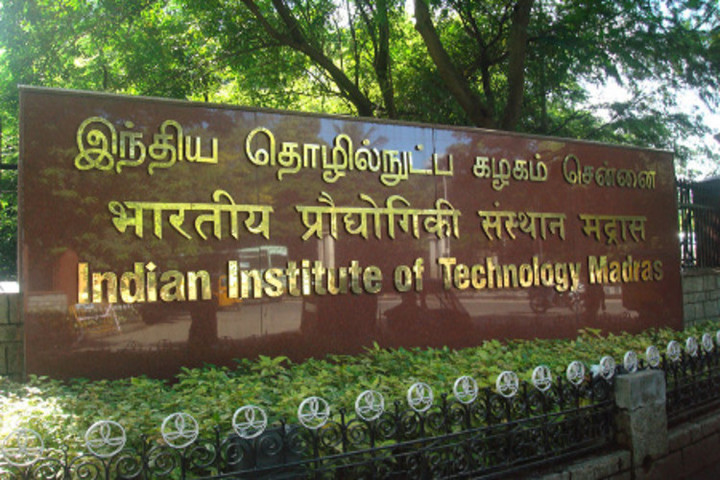IIT Madras researchers propose drought, flood mitigation project for village in Tamil Nadu
Anu Parthiban | February 18, 2022 | 01:59 PM IST | 2 mins read
The proposal for this project has been submitted to the Tirunelveli District Administration, which had requested IIT Madras to study this phenomenon.

NEW DELHI: The Indian Institute of Technology (IIT) Madras researchers have proposed implementing a rapid groundwater recharge technology for combined flood and drought mitigation near Ayankulam village in Thisayanvilai taluk of Tirunelveli District, Tamil Nadu.
The proposal for this project has been submitted to the Tirunelveli District Administration, which had requested IIT Madras to study this phenomenon.
Also read | IIT Madras launches ‘Venkataraman and Sita Srinivasan Chair' on innovation, new product development
“An open agricultural well in Ayankulam was widely reported to recharge an estimated 1,500-2,500 litres of water every second for several weeks without overflowing. The recharge water for this well was from the excess overflow of an adjacent minor irrigation tank due to the record monsoon rains in November-December 2021,” IIT Madras said.
The institute informed that “The well became a local attraction and was called a “miracle well” since typical wells would fill and overflow in a matter of hours at such recharge rates. Local villagers have been practicing this ad-hoc method of well recharge during episodic intense monsoon years for several decades.”
The local villagers claimed that this practice increased the local water table in a 10-15 [km] radius from the well.
A team led by Venkatraman Srinivasan, assistant professor, Department of Civil Engineering, IIT Madras, visited the site between December 2 and 3, 2021, to investigate this phenomenon and explore the potential of this well and possibly other wells in the region for use as rapid aquifer recharge during monsoon floods for storage and withdrawal during the dry summer months.
Also read | NMIMS to hold virtual career fair ‘Mastermind 2022’ for Class 11, 12 on February 25, 26
The IIT Madras Team suggested implementing a ‘Rapid Recharge Technology,’ which, when developed, can bring several potential benefits to the region, including:
- mitigate floods and droughts,
- create a subsurface dam for water storage without evaporation loss,
- distribute water automatically and equitably throughout the region,
- filter and clean water when managed appropriately, and
- prevent and reverse saltwater intrusion in coastal aquifers.
Explaining the potential of this pilot project to benefit the region, Venkatraman Srinivasan, assistant professor, Department of Civil Engineering, IIT Madras, said, “This is a win-win situation for all stakeholders. The excess water which causes devastating floods and would otherwise empty into the ocean is being channelled to recharge the groundwater for storage and retrieval in the dry summer months.”
Also read | NEET MDS 2022 may be postponed by 4-6 weeks, internship deadline extended till July 31
Srinivasan further said, “The unique hydro-geology of the region allows the implementation of this rapid aquifer recharge. In most other places, wells do not sustain such high injection rates and would easily overflow.”
Follow us for the latest education news on colleges and universities, admission, courses, exams, research, education policies, study abroad and more..
To get in touch, write to us at news@careers360.com.